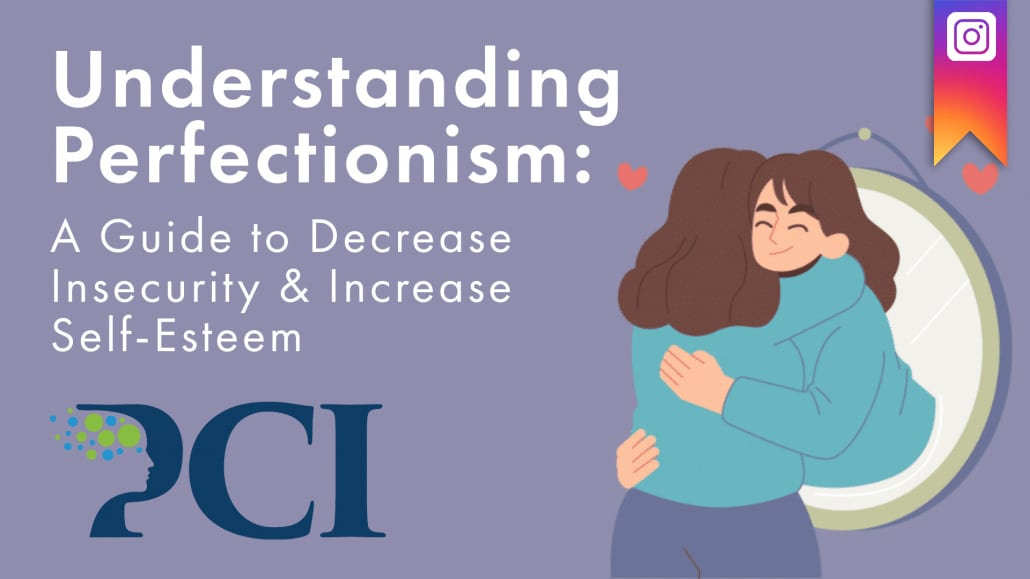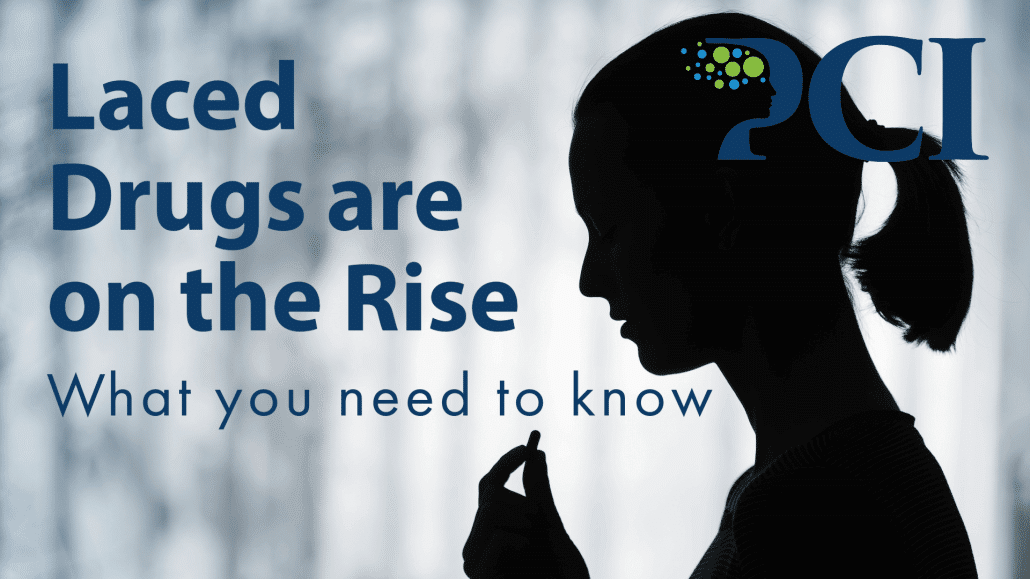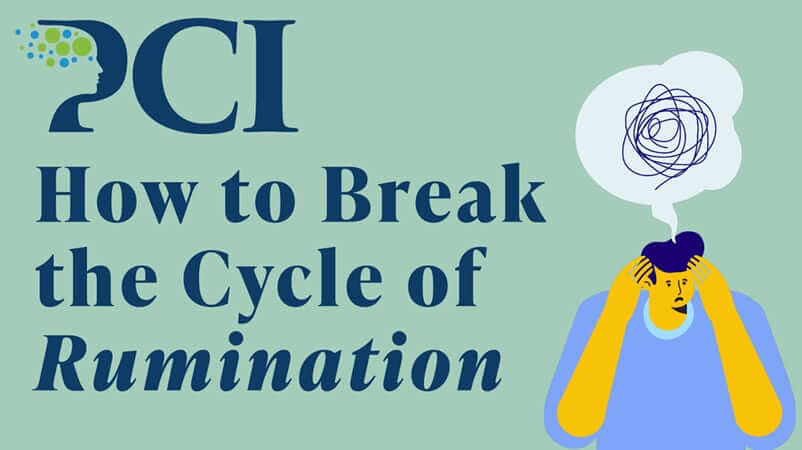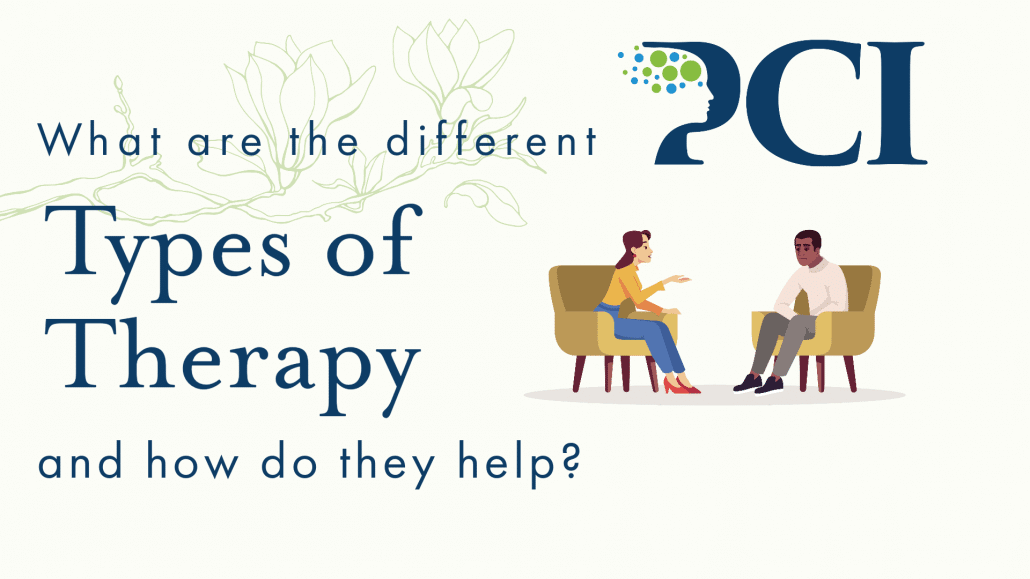February 13, 2024 PCI Centers
Ever experienced a stomach ache during a stressful time? Or joint pain when feeling down? That’s somatization – where emotional distress takes a physical form. From everyday headaches to impairments in physical functioning, somatization can vary for each individual. It can be a temporary response to stress or a more prolonged experience affecting your overall…









